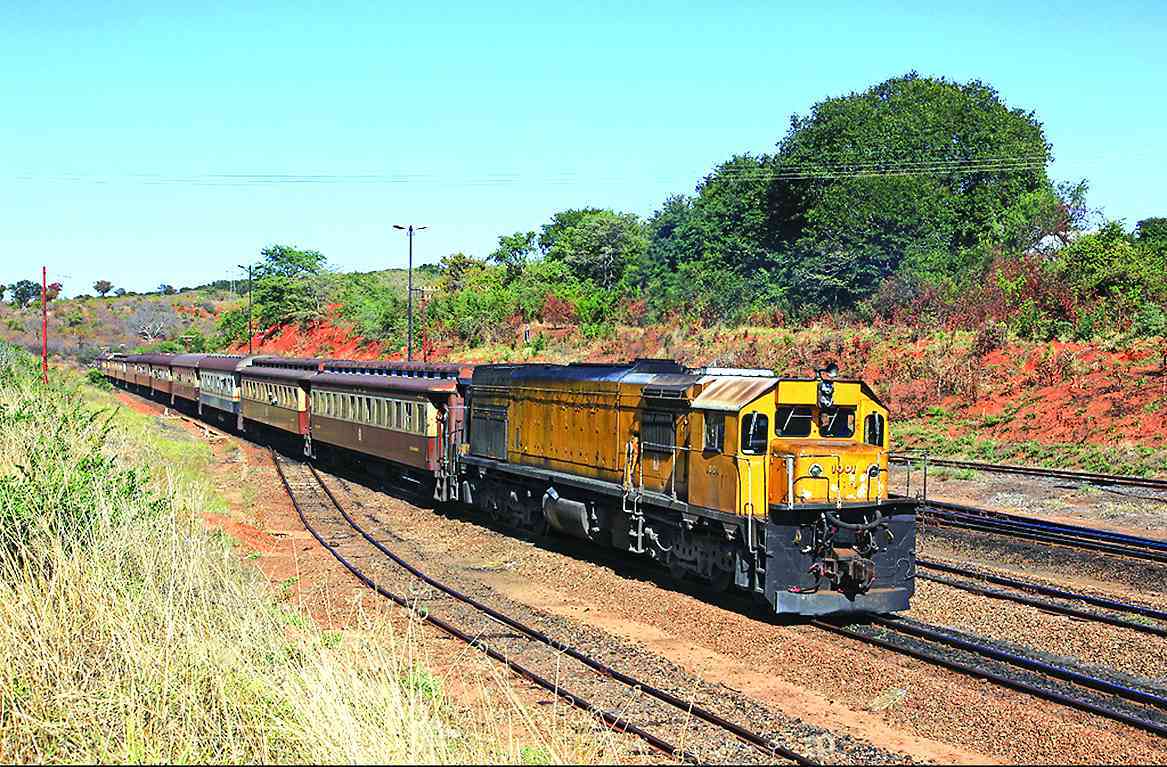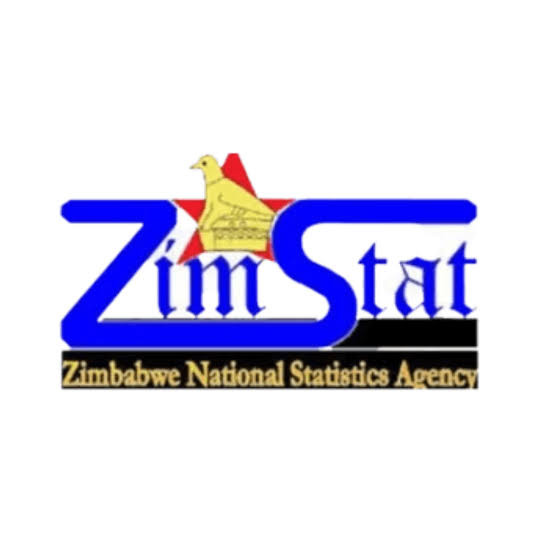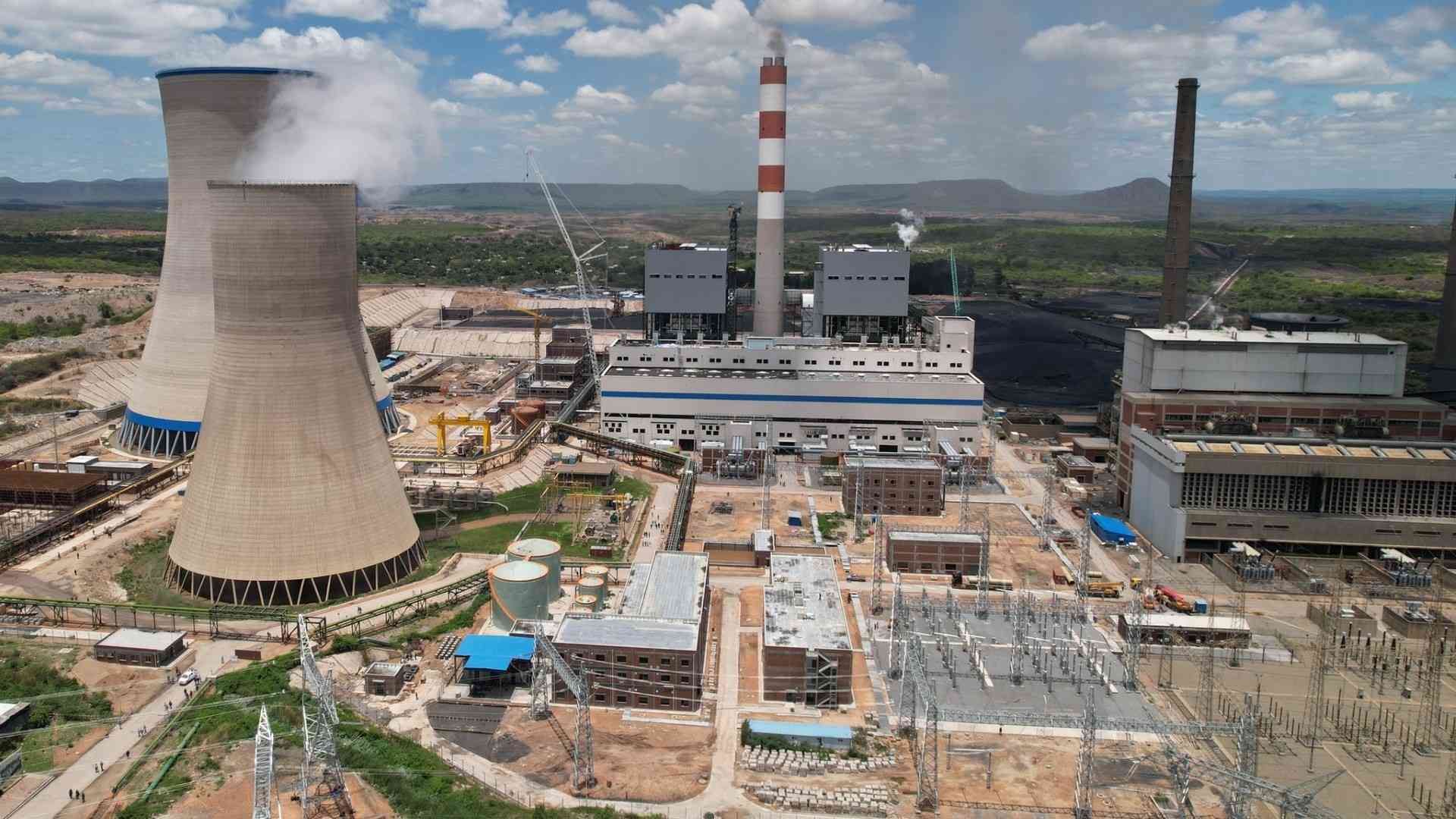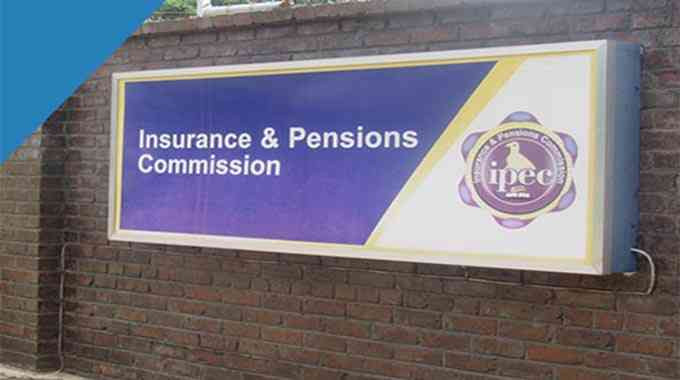
MEMBERS of Parliament are pressing the government to urgently rehabilitate the National Railways of Zimbabwe (NRZ), warning that the country’s mining boom is overwhelming the transport system and accelerating the deterioration of major roads.
The renewed calls come amid repeated failures to resuscitate the struggling parastatal, which has seen its operations crippled by ageing infrastructure, rolling stock shortages and mounting debt.
In an interview with the Zimbabwe Independent, Parliamentary Portfolio Committee on Transport chairperson Tawanda Karikoga said the committee was prioritising transport infrastructure to prevent logistical bottlenecks from undermining economic growth.
“There are many things that we are pushing for as a portfolio committee,” Karikoga said.
“The ministry we oversee has about nine parastatals under it, but on this tour we are concentrating on transport infrastructure, mainly the road network, which we appreciate the President is addressing.
“However, we are also pushing for the revival of the NRZ so that it eases pressure on our roads. We want NRZ to start transporting minerals again and we are also urging the department of roads to set clear performance targets.”
Karikoga said parliament was encouraging the NRZ to resume bulk mineral freight to reduce the growing number of overloaded trucks damaging highways, especially along mining corridors.
He added that the committee was also advocating for more tollgates and weighbridges to curb overloading.
- Lest our MPs forget
- NRZ demands stiffer penalties
- Sadc railways commemorate safety week
- Resign: MPs tell Chokuda
Keep Reading
“We need more tollgates and weighbridges to ensure trucks comply with load limits because overloading is causing serious damage to our roads,” he said.
To accelerate the rail revival, the committee plans to engage the Mutapa Investment Fund, which manages state assets, to assess NRZ’s rehabilitation plans and demand tangible progress.
NRZ’s decline over the past two decades has been marked by a collapse in freight volumes and infrastructure decay.
A US$400 million joint venture with the Diaspora Infrastructure Development Group and South Africa’s Transnet, signed in 2017, collapsed after three years of negotiations. A more recent proposal by a Russian-led consortium also failed to materialise
“We want NRZ to be back on track,” Karikoga stressed. “If you listen to what the minister of Finance says, mineral production in this country has tripled, that means NRZ must now be operational and move those minerals efficiently.”
Zimbabwe’s mining sector has indeed expanded rapidly in recent years, with official data confirming that mineral output has tripled.
Lawmakers warn that without a functional railway system, continued reliance on road transport will accelerate infrastructure decay, inflate maintenance costs and undermine economic competitiveness.
While the government has poured resources into road rehabilitation, MPs are now highlighting rail transport as a strategic priority for sustainable development.










